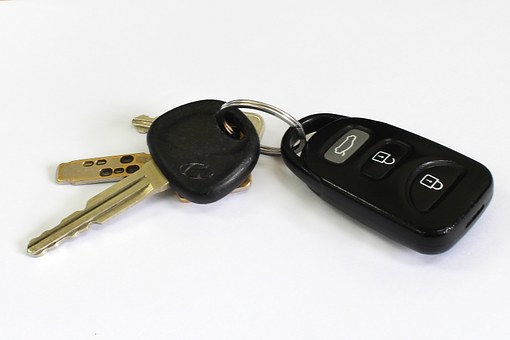How a motor vehicle is titled can have serious liability ramifications.
Florida follows the “Dangerous Instrumentality Doctrine” which basically recognizes that driving a vehicle is one of the most dangerous things that we do. Therefore, if an owner of a vehicle voluntarily allows another person to drive that vehicle, and they negligently injure someone, the owner of the vehicle is vicariously liable for the damages caused by the negligent driver.
Consider these examples:
If a car is titled in joint names by a married couple, and the husband has an accident and injures someone else, both the husband and wife, as co-owners of the car, can be sued. A judgment obtained by the injured person can be enforced against non-exempt jointly owned assets.
Conversely, if the car was titled solely in the husband’s name, a judgment would only be obtainable against him and non-exempt assets owned by a couple jointly, as tenants by the entirety, would not be subject to levy to satisfy the judgment solely against the husband.
Your teenage son allows his best friend to drive a car titled in his parents’ name. The friend has an accident and unbeknownst to your teenage son, has created a huge liability for his parents.
Asset protection strategies, including the titling of assets, are an important consideration in estate planning.
At Gibbons | Neuman, our estate planning attorneys are available to consult with you to help protect your assets and to develop a plan for your future.






Stay In Touch